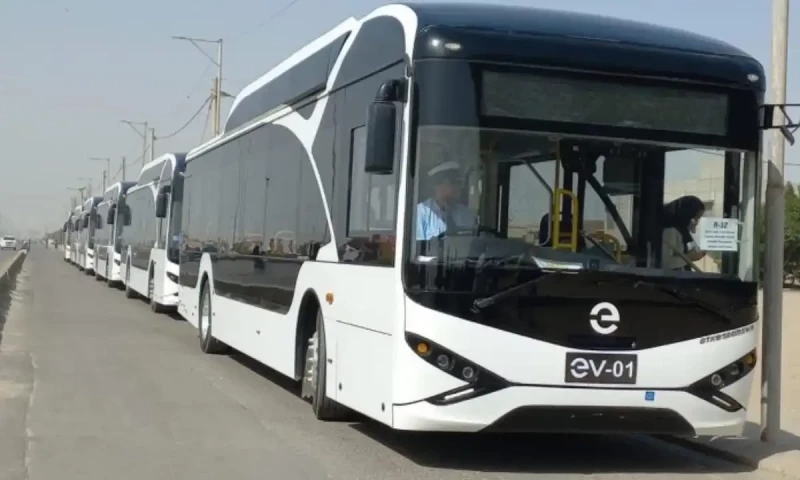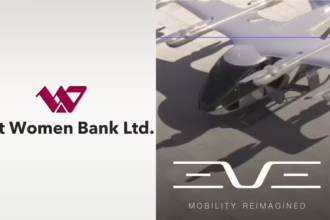A Transformative Step for Karachi’s Public Transport
The Sindh government has unveiled an ambitious plan to reshape Karachi’s transportation network by introducing 8,000 electric buses. This project, set to roll out in three strategic phases, aims to modernize public transport, reduce emissions, and make commuting efficient for the city’s millions of residents.
Phased Rollout of Electric Buses
- Phase 1: Deployment of 500 electric buses in the first year. Currently, 50 buses are already operational on key routes across Karachi.
- Phase 2: Introduction of 1,500 additional buses to expand the fleet.
- Phase 3: The final phase will see 4,000 to 6,000 buses added over four years, coupled with significant infrastructure developments like charging stations, depots, and modernized bus terminals.
Sustainability at the Core
The project will include a 1GW solar plant, designed to support the electric fleet sustainably. This renewable energy initiative is expected to be operational by the end of Phase 3, reducing reliance on traditional energy sources and cutting down on carbon emissions.
Pilot Project Already Underway
A pilot project involving 50 electric buses (12 meters in length) was launched on May 30, 2024. These buses operate under a rent-to-own model, provided by the National Energy & Transport Corporation (NETC). Payments are made based on a cost-per-kilometer arrangement.
Financial Commitment by the Government
The Sindh government has allocated Rs412.50 million for the final quarter of the 2025 fiscal year. Additionally, Rs1.65 billion will be provided annually for the next eight years to ensure the project’s success.
This initiative is expected to revolutionize Karachi’s transit system, enhance mobility, and set a benchmark for sustainable urban development in Pakistan.





